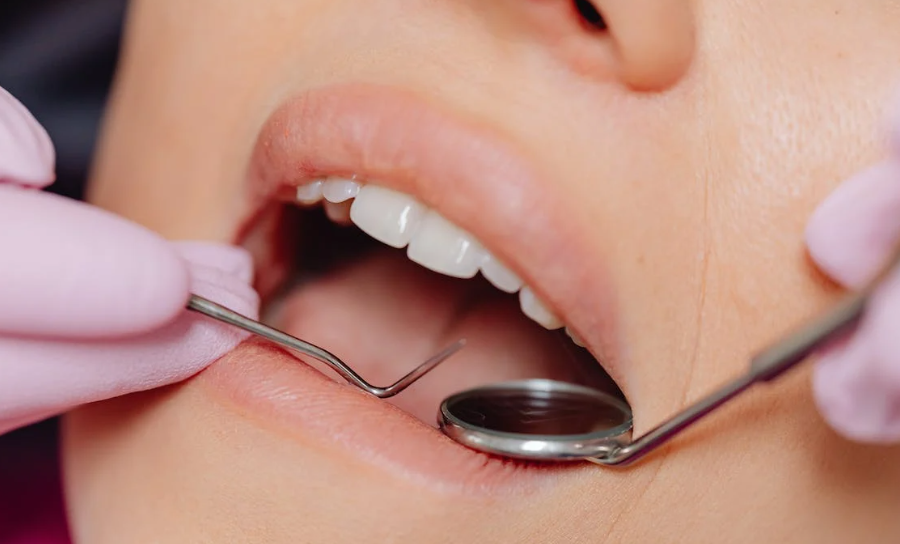Embarking on full mouth implants can be a life-changing decision for many. However, many are not aware of what this dental project involves. Our guide aims to demystify the process, providing insights and information to help you confidently navigate your path towards a restored smile.
Surveying Full Mouth Dental Implants
Full mouth dental implants are a revolutionary solution for individuals who have lost most or all of their teeth. This procedure involves placing titanium posts into the jawbone, which acts as the roots for the new teeth. Over these posts, dental prosthetics are mounted, offering a natural-looking and functional replacement for missing teeth. Unlike dentures, implants are permanent and can offer a more comfortable and reliable solution.
The Initial Consultation: Starting Your Journey
The first step in getting full mouth implants is a consultation with a dental professional. During this session, the dentist evaluates your oral health, discusses your medical history, and determines your suitability for the procedure. This is also an opportunity to ask questions and understand what the procedure entails, including costs, risks, and benefits.
Preparing for the Procedure
Preparation for full mouth dental implants involves several steps. If you have any remaining teeth that are decayed or damaged, these may need to be extracted. Additionally, some patients may require bone grafting if their jawbone isn’t strong enough to support the implants. This step is crucial for the success of the implant and can add to the overall timeline of the process.
The Procedure: What to Expect
The procedure for placing full mouth dental implants typically requires several visits to the dentist. It begins with the surgical placement of the titanium posts into the jawbone. After the posts are placed, a healing period is necessary for osseointegration, where the bone grows around the implant, securing it in place. Once healed, the final step involves placing the prosthetic teeth onto the implants.
Aftercare and Maintenance
Maintaining good oral hygiene is essential after receiving your full mouth dental implants. Regular brushing, flossing, and dental check-ups are necessary to ensure the longevity of your implants. With proper care, dental implants can last a lifetime, making them a worthwhile investment for oral health.
The Benefits of Full Mouth Dental Implants
The benefits of opting for full mouth dental implants are numerous. They offer a permanent solution to tooth loss, improve your ability to eat and speak, and boost your self-esteem. Additionally, they help maintain your facial structure by preventing bone loss in the jaw.
Considering Full Mouth Dental Implants
If you’re contemplating this procedure, weighing the pros and cons and discussing them with your dentist is essential. By engaging expert advice on full mouth implant procedures, participants can find peace of mind before achieving a successful outcome.
Cost Considerations
The cost of the implants can vary widely depending on the complexity of the case, the number of implants needed, and additional procedures like bone grafting. While they may represent a significant investment, the quality of life and oral health benefits can be substantial.
For patients wanting full transparency and support in this setting, assessing ways of navigating dental insurance demands is beneficial. This is where specialists pass on their advice to community members who may or may not have private coverage.
Summary
Full mouth dental implants represent a significant advancement in dental technology, offering a durable and aesthetically pleasing solution for those suffering from extensive tooth loss. While the process requires time and resources, the result is a fully functional, natural-looking smile. After all, every journey starts with a single step, and taking that step towards restoring your smile can be a transformative experience, impacting your life positively in countless ways.
